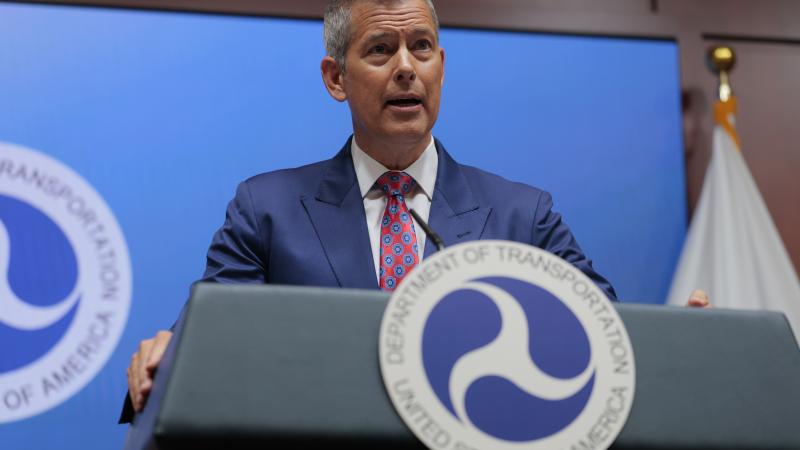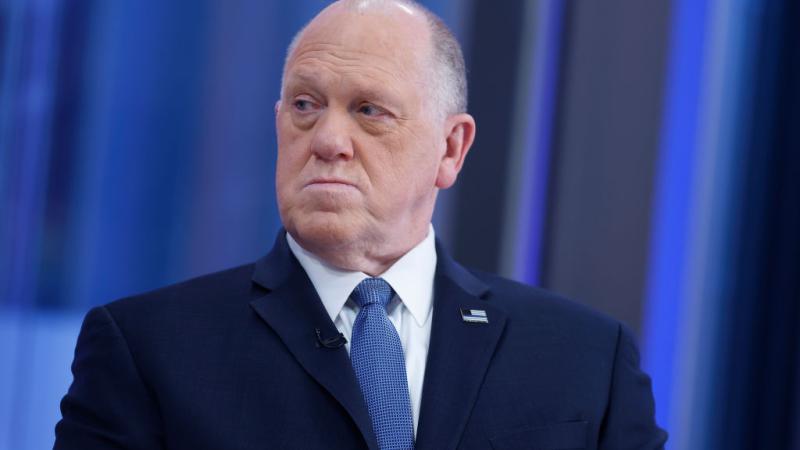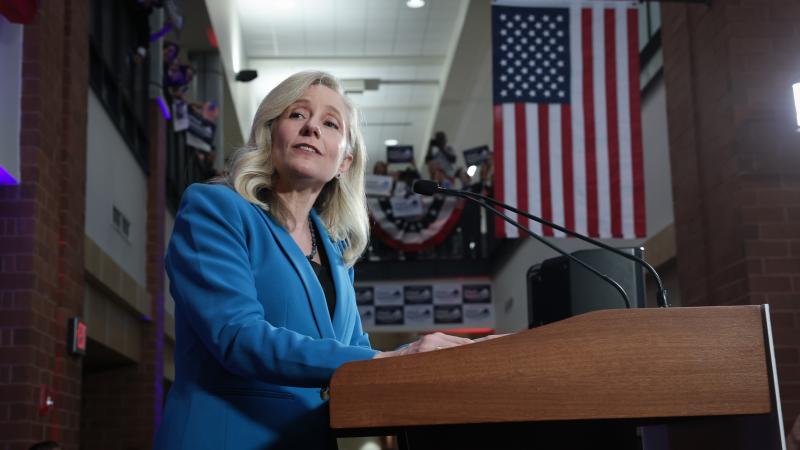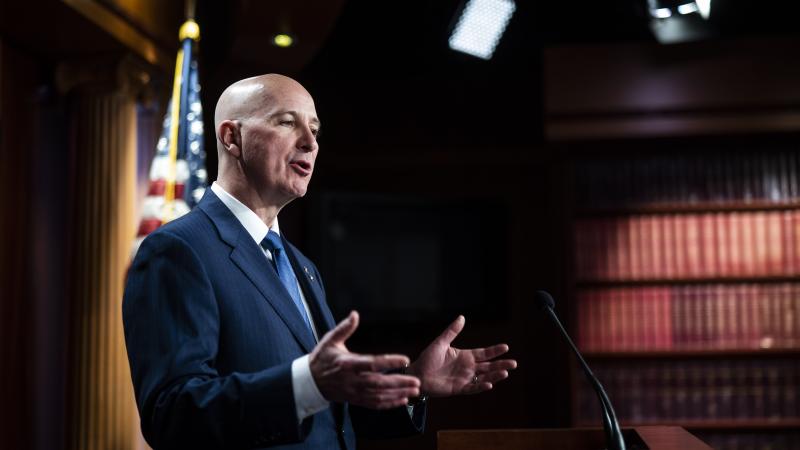Australian toll company cashes in on American paid express lanes
Transurban, an Australian tolling company, is responsible for the Express toll lanes in Northern Virginia.
In the Virginia suburbs of the nation's capital, motorists pay to access express lanes on crowded Express roads. The beneficiary is thousands of miles away in the Land Down Under, according to the latest episode of Sinclair Broadcast Group’s Full Measure with Sharyl Attkisson.
Transurban is the Australian tolling company that operates Express Lanes on Interstates 66, 495, 395, and 95 in Virginia.
The toll charged to drive on special Express Lanes adjusts every few minutes, depending on traffic. When traffic gets worse, the price goes up.
Patrick Jones, who represents owners and operators of toll facilities as head of the International Bridge, Tunnel, and Turnpike Association, said, "What priced managed lanes do, it's basically three things: it's providing choice to the consumer, a choice of a reliable way to get to work or wherever you're going, it provides better throughput and speed in the transportation corridor, and it also helps with the environment by reducing greenhouse gases."
Highway congestion costs more than $100 billion a year in terms of lost productivity, wasted gas, and added pollution.
Jones explained that the high price of the Express Lanes when traffic is the worst means not too many people will use them, guaranteeing a fast trip for those who do. Also, Express Lanes are usually free if more than one person is in the car, so it also takes some of the load off the regular lanes.
Greg Scott, who led a commuter group that unsuccessfully fought to stop the Express toll lanes on I-66, saw tolls for the Eastbound Express lanes go as high as $54.
When asked if anyone was paying that price to take the Express Lanes, Scott said, “Yes, absolutely. You see Mercedes and Lexuses and that sort of thing just go. And I don't know if they've got their bosses paying them back, if they can claim it as a business expense or something like that. But for somebody like me, $50 is a lot of money.”
Some of the tolls that commuters encountered in the span of a few days last year on I-66 heading into Washington, D.C., were $32.50, $42.25, and $46.50 to travel ten miles or less.
These are called "dynamic tolls." Aubrey Layne, Virginia’s Finance Secretary, was instrumental in expanding the concept of “dynamic tolls” in the state to raise funds for badly needed transportation improvements without raising taxes.
She said, "This concept was brought by an Australian company called Transurban, came to the, Governor McDonnell was the governor then, and presented it. I think that was the first administration who really said, 'Let's take a look at if this concept works.' "
Transurban paid Virginia hundreds of millions of dollars for an agreement to operate Express Lanes on Interstates 495, 395, and 95. The state uses the money for transportation improvements, and Transurban keeps any tolls until near the end of this century.
Scott looked into Transurban and found that it is the world's largest public-private partnership toll company.
"When I researched it, they had contributed over $600,000, to members of the Virginia General Assembly, probably all legal," he said.
Scott said that the large contributions to Virginia politics tells him that "Transurban is greasing palms, is becoming very active in the business community. Transurban is not a bad company. They have shareholders who are trying to serve, but they don't have the interest of Northern Virginia commuters at stake."
Jennifer Aument, who was President of Transurban North America at the time of Attkisson’s interview after the pandemic broke out, was asked about Scott’s research, which found that nearly a million dollars was contributed to the Virginia General Assembly over the last 15 years.
"So, Transurban participates in the communities in which we operate in lots of different ways," Aument said. "So yes, we participate in the political process, but what we do is strengthen communities through transport. And that means, yes, talking in the political arena and the policy arena about great transportation ideas, making sure that we're doing what we can to support our communities, both through grant programs and through creating transport solutions that provide economic and community opportunities for them."
In addition to raising money to improve roads, Express lanes help reduce traffic.
After Virginia installed its I-66 Express Lanes in December 2017, a study by The Northern Virginia Transportation Commission said the project resulted in helping move 700 more people during morning rush hour in 750 fewer cars compared to four years earlier.
Transurban is leading a consortium that’s now working on plans to develop Maryland’s Express Lanes program, one of the largest of its kind in the U.S.
The company says that before the COVID-19 pandemic, its dynamic tolling strategy on I-495 in Virginia increased carpooling more than 500% and saved each commuter an average 80 minutes of time on a day with typical congestion.















